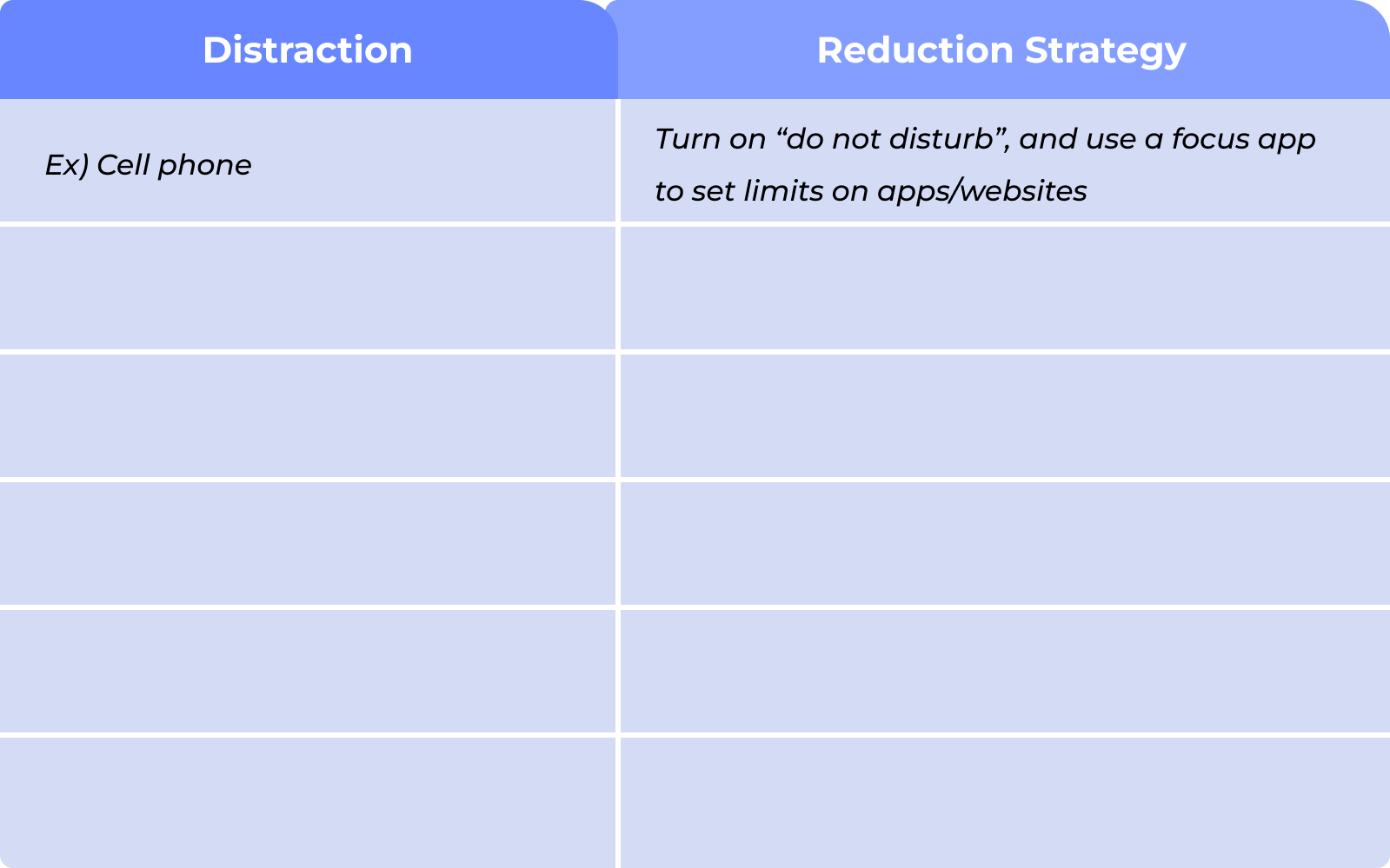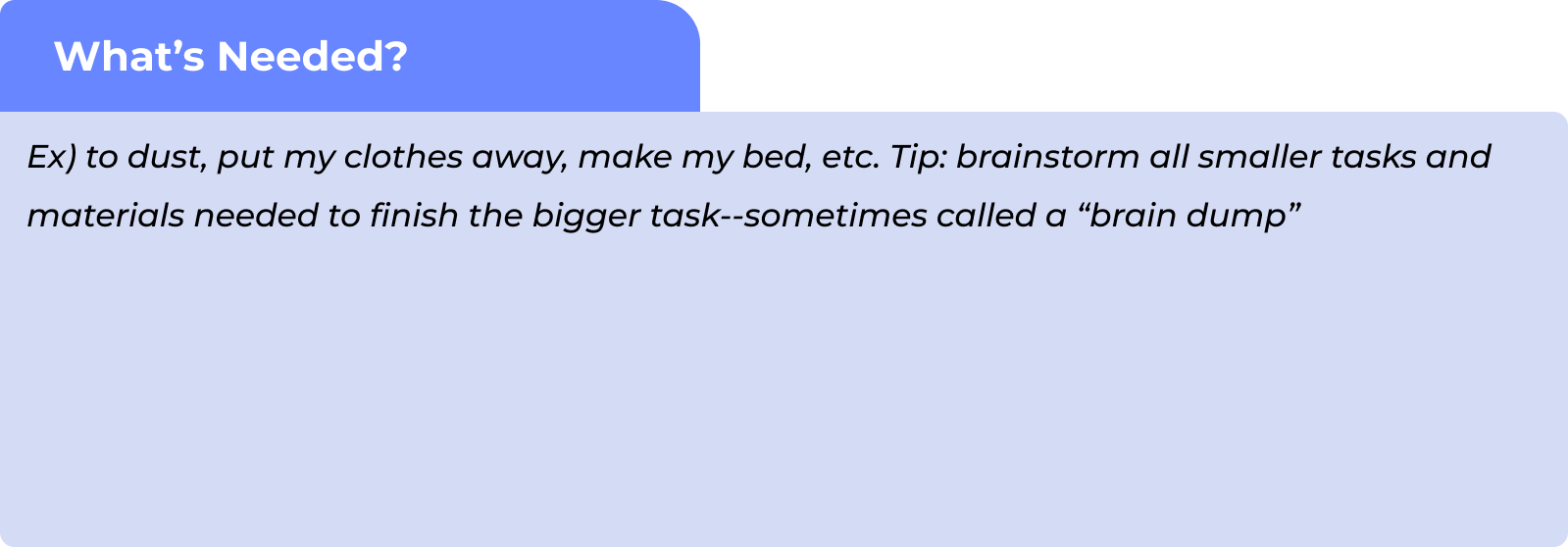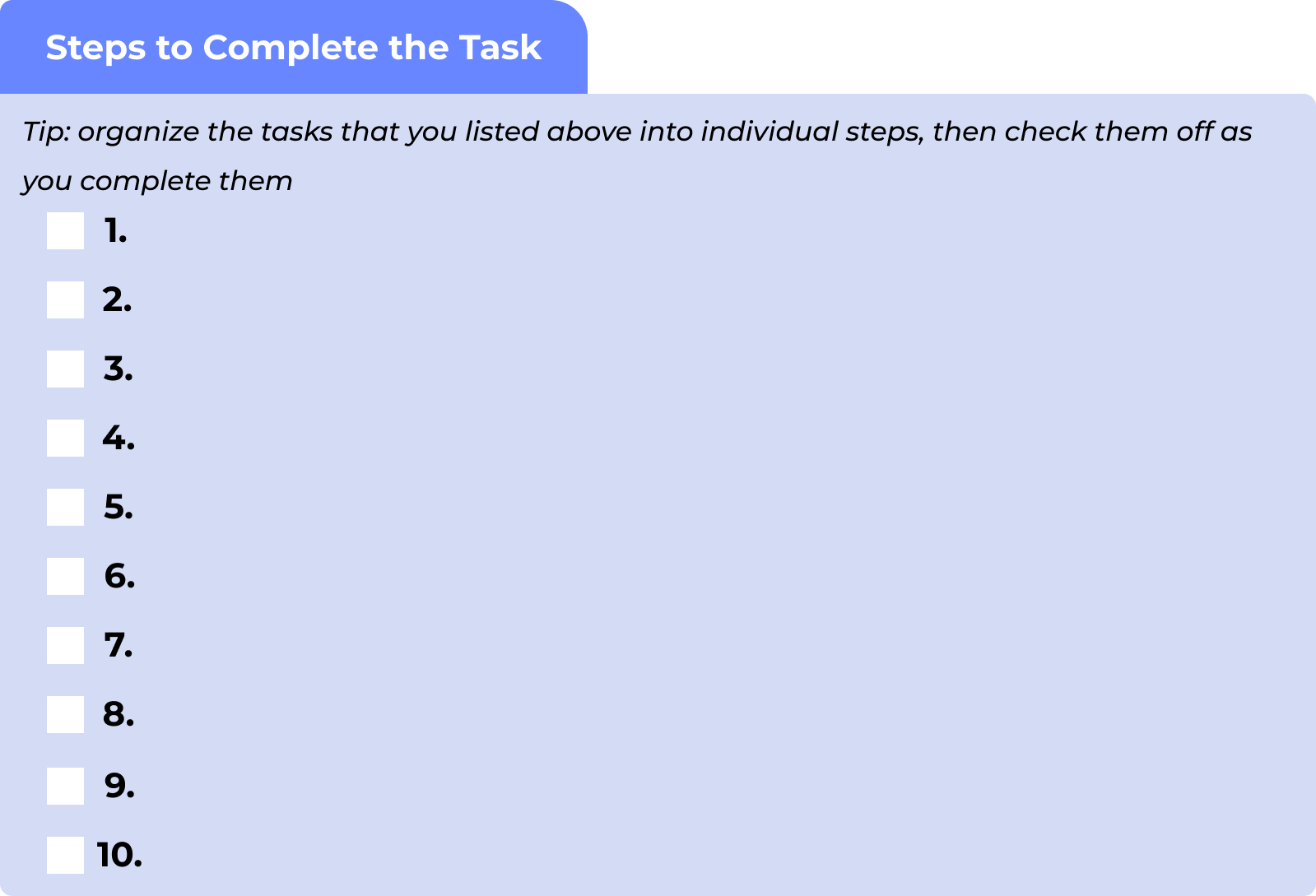Managing ADHD: Distractions and Procrastination

You can personalize the Managing ADHD: Distractions and Procrastination resource by downloading it HERE, and adding your own responses, or continue to view it below.
For adults with ADHD, it can be difficult to focus on daily responsibilities and completing important tasks. ADHD may lead to procrastination, distraction, and feelings of overwhelm. Though a big part of living with ADHD involves accepting limitations or seeing it as a “different way of being”, there are strategies that we can use to minimize distractions and reduce procrastination. These strategies are not necessarily “one-size-fits-all”, so it’s important to explore and create a routine that works best for you.
Reducing Distractions
By looking at what distracts us, we can come up with “reduction strategies” to improve our focus. Use the chart below to write down your main distractions and come up with a strategy to reduce that distraction.

Preventing Procrastination
Procrastination is one of the most common barriers to getting tasks done. Some reasons that people procrastinate include: lack of motivation, lack of self-confidence, uncertainty of what is expected or where to start, difficulty making decisions, and difficulty with time management. It can be helpful to look at procrastination as a habit; by exploring our habits, changing how we relate to them, and practicing new strategies, we can start to prevent procrastination. Use the prompts below to explore what procrastination looks like for you:
- When do you tend to procrastinate the most?
- What are some of the reasons you procrastinate?
- If you didn’t procrastinate, how would your life be different?
- What are some of the reasons you want to stop procrastinating?
- What steps do you plan to take in changing your habits?
- What are some resources you can use to motivate you in completing a task?
With ADHD, it can be challenging to see the path of a task from start to finish. This often leads to feeling overwhelmed and avoiding the task, aka procrastination. Breaking down bigger tasks into smaller steps creates a clear roadmap that can feel easier to manage. Use the following exercise to practice breaking down a task that you have been procrastinating on:



Reflection
Reflecting on challenges and successes can help improve awareness of our experience, allowing us to reinforce healthy habits and strategize for the future. At the end of each week, answer the following questions to reflect on your experience.
- What symptoms were the most challenging this week?
- In what ways were you successful at managing your symptoms (no matter how small)?
- What selfcare activity or healthy habit can you start implementing next week to better manage your symptoms? For example, making it a habit to exercise can improve focus and reduce hyperactivity.
Call 911 if you’re having a
mental health emergency
Text Home to 741-741 if you're in emotional
distress and need immediate support
Call or text 988 Suicide &
Crisis Lifeline. Chat service
is available at 988lifeline.org.